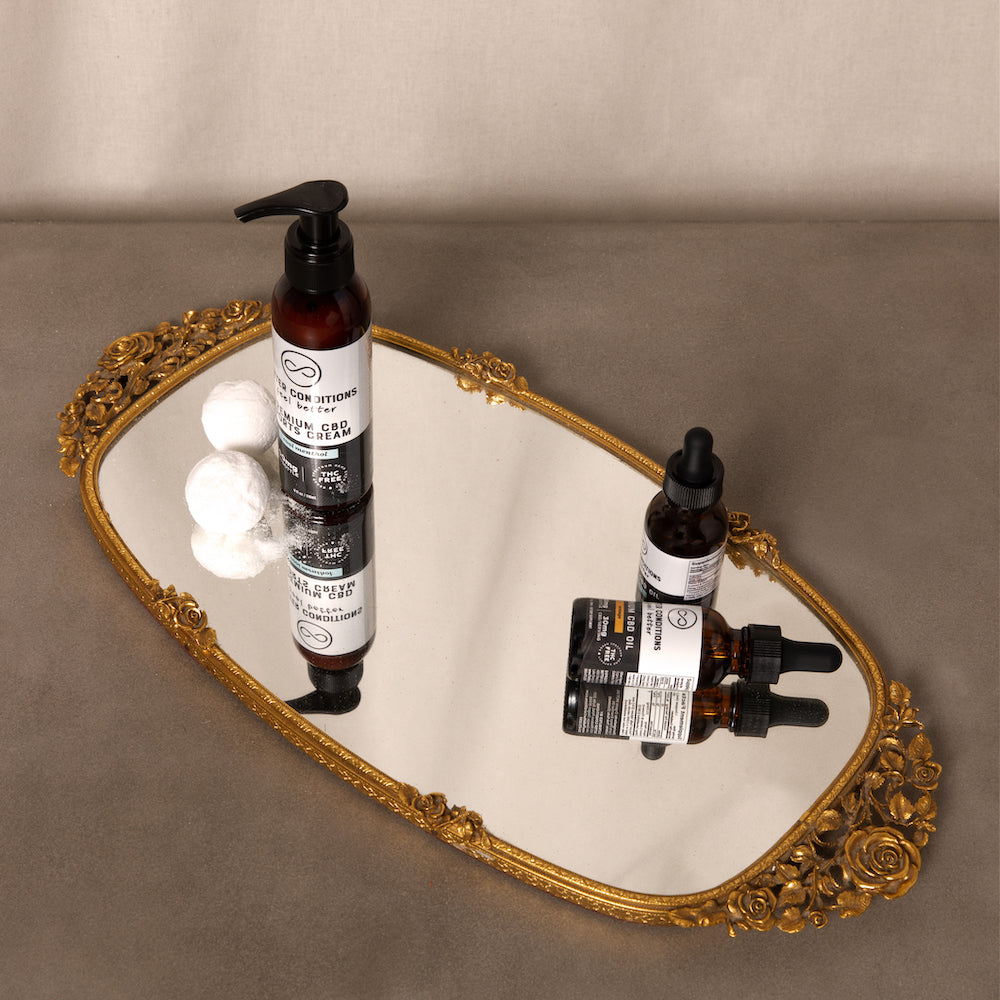Herbal Medicine in History
The history of herbal medicine runs deep. In fact, the oldest written evidence of the usage of plants for medicinal purposes dates back roughly 5000 years. Around 250 plants comprise 12 medicinal recipes scribed onto a Sumerian clay slab from Nagpur, India. These 12 recipes solidify the use of herbal medicine since the beginning of mankind. While we commend modern medicine and all that it has done for the world, we also long for a more positive view of herbal medicine and its more natural approach to healing.
A Push for Herbal Medicine
Although it has gained some acceptance in recent years, it is pretty clear that the United States has a habit of pushing herbal medicine to the side. The reasons for this being technically unproven claims according to the scientific method. But, maybe science is a little too black and white for the magical properties of plants. Are there really any downsides to using plants for all their glory? Roughly 8% of the United States yearly hospital admissions are due to adverse effects of synthetic drugs and about 100,000 people die from the use of synthetic drugs every year. In contrast, deaths or hospitalizations from herbal medicine are so rare that there are hardly any on record. So…
Why the resistance?
Historically, herbal medicine is often likened to some type of magic. Put differently, traditional medicine is “the sum total of the practices based on the theories, beliefs and experiences of different cultures and times…” It came long before modern science, technology and the FDA (Food and Drug Administration). The magic of plant medicine is also what makes it difficult to verify in science. Plants that are grown in different climates may contain different chemicals and each chemical has a chance of affecting each person differently based on their genetic makeup. The possibilities are endless. The FDA cannot guarantee each claim is true beyond a reasonable doubt. This is why the FDA labels herbal remedies under dietary supplements. This allows them to be sold in stores as long as they do not make specific health claims, however, not under the guise of FDA-approval. But, when it comes to CBD, things get a little more complicated.
Let’s Shift Gears.
Where does CBD fit into this conversation? As we know, CBD comes from the hemp plant, making it an herbal remedy. As with many other herbal remedies, CBD has been shown to treat a variety of different ailments and diseases time and time again. One would think that this would result in CBD falling under the dietary supplement category according to the FDA. This is where it gets a little tricky.
Turns out, A CBD product has been FDA-approved to treat two rare forms of epilepsy -- Lennox-Gastaut syndrome and Dravet syndrome. The drug is called Epidiolex and it is an oral solution approved for people ages 2 years and older with said diseases. This is the first ever FDA approved purified drug substance derived from marijuana and the first FDA approved drug for patients with Dravet syndrome. Alas, a win for plant medicine. Maybe.
Because of the fact that CBD is now proven to work in an FDA approved drug for epilepsy, it is now exempt from the dietary supplements category. According to the FDA, “…if a substance is an active ingredient in a drug product… then products containing that substance are excluded from the definition of a dietary supplement.” CBD's rightful home seems to be slightly up in the air.
Fortunately, the FDA is known to let this slide unless there are claims of curing diseases or ailments associated with a brand and their products. CBD users can talk amongst themselves and rave about how CBD oil cured all of their ailments as much as they want; But, as soon as a CBD company claims to cure any medical conditions, they will likely be given a warning by the FDA. Let’s take a brief look at some of the things CBD has been said to help with.
CBD’s Alleged Claims.
What are the so-called unsubstantiated claims made about CBD oil? For years there have been claims made by CBD users and agencies other than the FDA that show CBD in a positive light. For example the World Health Organization (WHO) stepped forward a few years ago to highlight the potential for CBD to be safe and even healing in humans. The report was written by the agency’s Expert Committee on Drug Dependence (ECDD) and it stated that CBD showed some promise in the treatment of several different conditions such as Alzheimer’s, cancer, psychosis, Parkinsons and epilepsy--which has since proven to be true. Other diseases in which CBD treatment has shown some promise include dystonia, insomnia, nicotine addiction, general anxiety, multiple sclerosis, opioid addiction, and schizophrenia. And we think this is just the beginning for CBD. With the first CBD drug’s FDA approval, we can only hope that its full benefits will be recognized in the near future.
From our Better Conditions family to yours.


